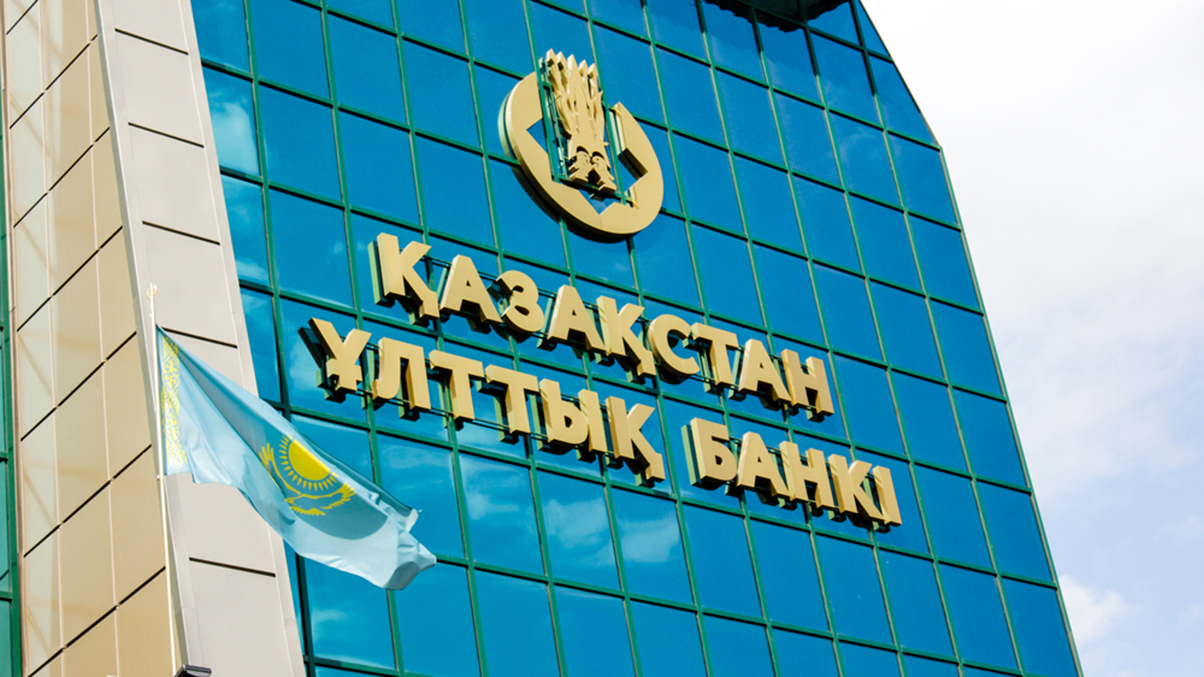One of the first fully virtual trials concluded last week, with Mr Justice Teare commenting that it had been “most remarkable” that the hearing had been able to take place. Stewarts acted for the claimants in the proceedings (National Bank of Kazakhstan and Another v Bank of New York Mellon SA/NV London Branch and ors). This is a summary of our experience of the virtual trial process. A webinar is scheduled for 15 April 2020, click here for details.
The virtual trial, which at its heart concerned a dispute over the freezing of US$530m by the Bank of New York Mellon in response to an order of the Belgian court, had been listed for seven days from 23 March 2020. Three party groups were to participate in the trial (represented by Stewarts, Linklaters and King & Spalding) and evidence was to be given from up to eight witnesses, most of whom were based in Kazakhstan, Belgium or the United States.
At a preliminary hearing on 19 March 2020, King & Spalding expressed concern that a virtual trial would be an “unmitigated disaster” and should not take place “for at least several weeks”. However, Mr Justice Teare held that it was incumbent on the parties to seek to arrange a remote hearing, which should start the following week (on either 25 or 26 March 2020 to allow the parties time to make the necessary arrangements).
Challenges
Following the hearing on 19 March 2020, the parties had less than a week to set up the virtual trial. The key issues to be addressed were:
- Identifying the video conferencing platform to be used and how the use of that platform would be managed;
- Ensuring that all trial participants had access to the necessary hardware and software and that this was set up and functioning properly;
- Dealing with various other issues occasioned by this being a virtual trial, such as ensuring the participants’ access to documents, evidence being given via an interpreter and the respective legal teams being able to liaise confidentially with each other and;
- Meeting the requirement of public access to the hearing.
Choosing the platform
A number of well-established video conferencing platforms were considered, and Zoom was selected. Important factors in its selection were:
- Its reputation as a mature platform with servers worldwide, stable infrastructure and the ability to integrate with a large number of different devices;
- The platform’s modules, which allow integration and direct streaming to YouTube; and
- The availability of third party support to manage the setup and use of the platform throughout the trial. The parties retained specialists in this case, Sparq, who tested each participants’ equipment before trial and managed the video conference during the trial.
Testing
Even in the limited time available, with the assistance of Sparq, the parties were able to ensure that testing of the Zoom platform took place both individually for each trial participant and on joint test video conference calls between the parties, as well as with the judge in attendance on the day before the trial. This was essential in ensuring that any issues with hardware and software were identified and resolved before trial.
Trial materials
While an electronic copy of the trial bundle had been produced, the parties had intended to use hard copy trial bundles. Once it was clear that the trial would proceed remotely, consideration was given to whether the parties should adopt an electronic bundle entirely. They did not do so for the following reasons:
- The hard copy bundle had already been produced and provided to the judge and, in many cases, arrangements had already been made to ensure a hard copy would be available to each witness (as many witnesses were unable to travel to England to give their evidence due to worldwide travel restrictions and were therefore already due to give evidence by video link to the courtroom);
- Stewarts took the view that there was insufficient time available to test Zoom’s content-pushing capabilities fully so as to rely entirely on these during the trial, albeit some limited use of these was ultimately made during the trial;
- The use of an electronic bundle could increase the number of potential issues concerning the trial participants’ hardware requirements (for example, requiring the participants to use two screens during trial).
Conduct of the trial
The parties limited the number of participants in the video conference room that formed the trial. The reason for this was that reducing the number of participants minimised possible latency, audio and video issues. As such, only the judge, select members of the legal teams, transcribers and the witnesses/experts giving evidence were allowed to join the trial video conference room.
Interpreters were joined as participants in the video conference when required and were given access to Livenote during the trial. Extensive testing was undertaken to ensure that the interpreters were able to connect to the video conference without issue.
The parties themselves and the rest of their legal teams were given access to a private live stream of the video conference so that they could follow in more or less real-time.
Public access
To ensure public access to the trial:
- Daily transcripts of the proceedings were published on Stewarts’ website;
- Following the passing on the Coronavirus Act 2020 on the eve of the trial, with the court’s permission, the trial was live-streamed to YouTube and a link to that stream published in the Daily Cause list and on the websites of the instructing solicitors;
- A live stream of the trial was also transmitted to a monitor in Court 26 of the Rolls Building (where the trial had been scheduled to take place).
Conclusion
The above is only a brief summary of the challenges that were faced in setting up the virtual trial and how those were addressed.
Lessons from the first virtual trial in the Commercial Court
Lexology Webinar – 2.00 pm – 3.00pm BST, Wednesday 15 April
The webinar heard from Fiona Gillett, Ian Gatt QC and Aleks Valkov who worked on the trial from Stewarts, the barrister involved David Quest QC, and Jim Young from technology support provider Sparq.
To view a recording of the webinar, please click here. The webinar is free to view but standard registration details are required. The slides can be viewed here.
Covid-19 is impacting individuals and companies around the world in an unprecedented way. We have collected insights here to help you navigate the key legal issues you may be facing at this time.
You can find further information regarding our expertise, experience and team on our Commercial Litigation pages.
If you require assistance from our team, please contact us or alternatively request a call back from one of our lawyers by submitting this form.
Subscribe – In order to receive our news straight to your inbox, subscribe here. Our newsletters are sent no more than once a month.










